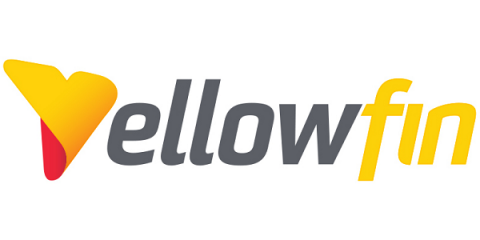Talend's Next Chapter
Today we open a new chapter at Talend, in which we begin our journey from a $250M company to a $1 billion cloud market leader. Over the last six years, I've been honored to help build and lead the team that brought Talend from a $50M startup, through its IPO in 2016 to become a quarter-billion-dollar company. Together, we built one of the fastest-growing cloud businesses in the world.










